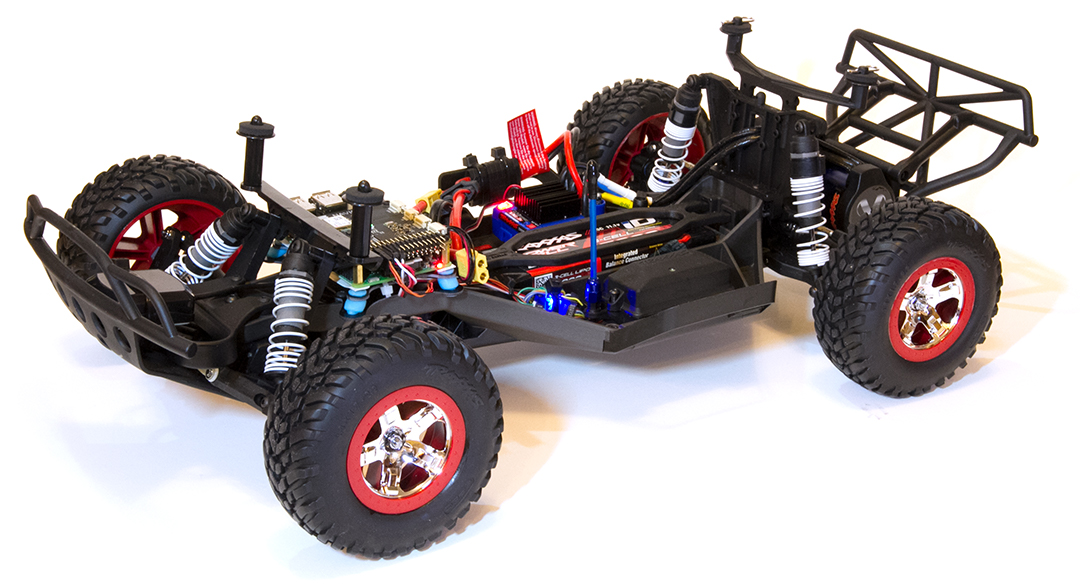From autonomous cars to power grids, modern society relies heavily on critical systems that operate within strict timing requirements. While they are well-engineered for safety, that often makes their behavior predictable and easy for hackers to take advantage of.
Dr. Sibin Mohan, Associate Professor in the Computer Science Department at GW, received an NSF CAREER Award for his study, “Indistinguishability Prevents Information Leakage in Real-Time Schedulers,” because it attempts to answer the question of how can we make critical systems less vulnerable to attacks but still remain safe.
In order to accomplish this task, Mohan is taking inspiration from the area of differential privacy which adds “noise” in a systematic manner to hide personally identifying information within large databases. Schedule indistinguishability is also strategically adding “noise” within the system’s code so that attackers cannot tell when individual tasks will occur or predict them in the future. Inserting noise strategically is key since you can only add so much noise until it itself harms the operation of the system.
Since individual tasks can no longer be distinguished separately, it will distract the attacker much longer than usual. They would have to watch the system for an extended period of time in order to determine which parts of the code are vital to the safety of the system versus what is just noise. So, while it is not impossible for hackers to cause harm, schedule indistinguishability makes it much harder for them to attack while the system is in operation. Mohan’s hope is that by the time they figure it out, the system will have changed anyways.
NSF chooses projects to receive the CAREER Award that will have a large impact even after the project period has ended. Currently, many systems do not have security built-in and it is hard to even add it as they are small systems with little memory. Mohan is developing his methods with this problem in mind so he may succeed in making all critical safety systems more secure so hackers cannot get into them and launch targeted attacks to harm people.
“Receiving an NSF CAREER Award is an honor. This award is very competitive because whereas normal NSF grants require applying to a specific topic area, the NSF CAREER Award is one of the few things that every eligible researcher in the U.S. can apply for. I’m glad the reviewers agree that this is an important area of research to work on,” Mohan stated.


